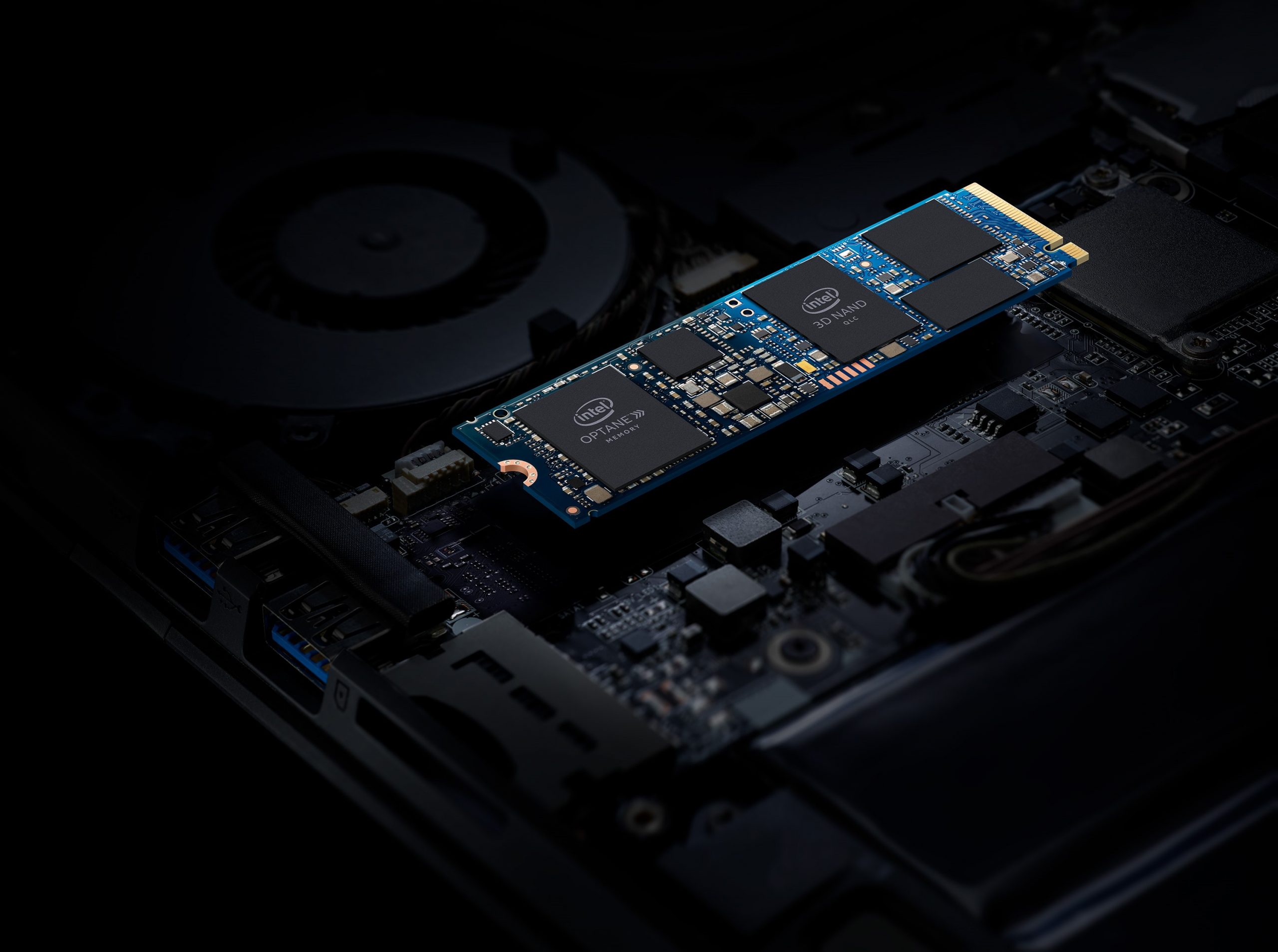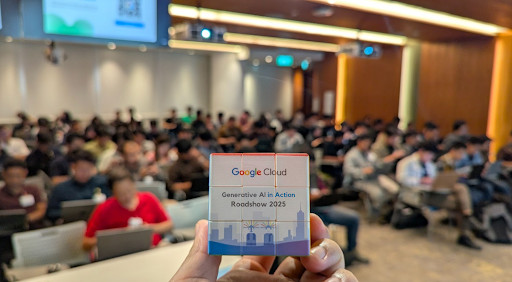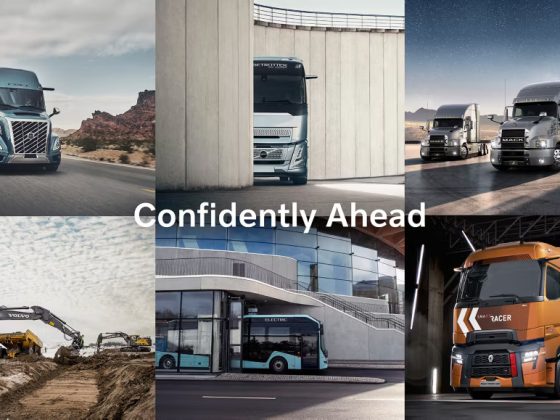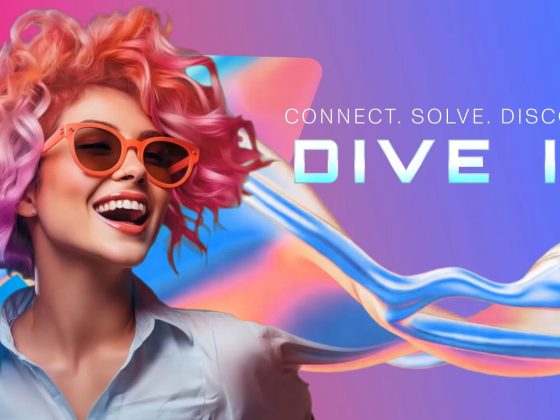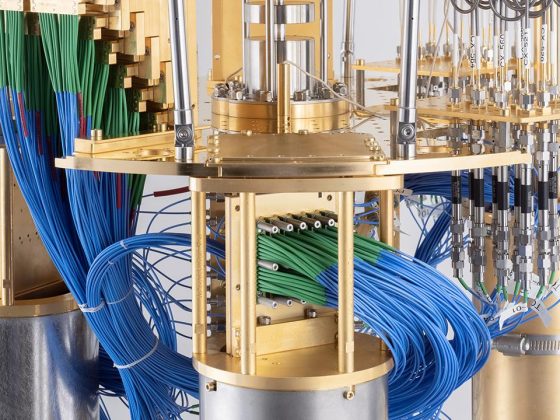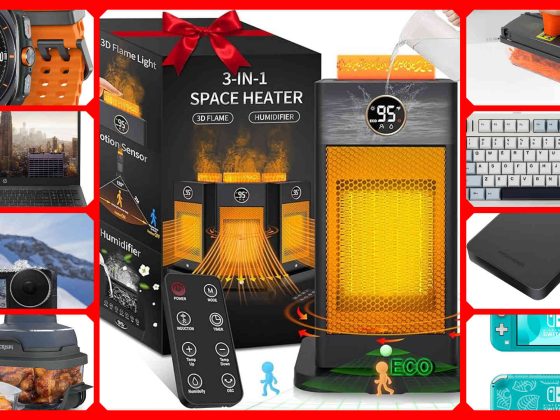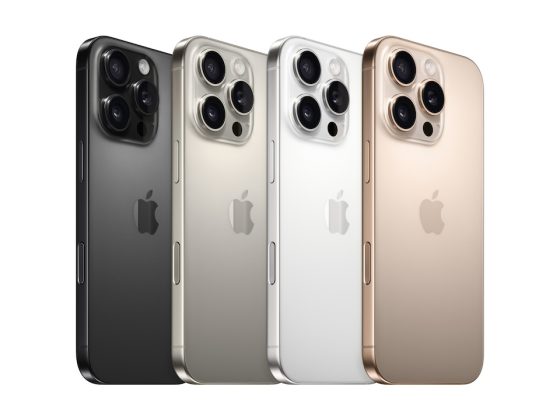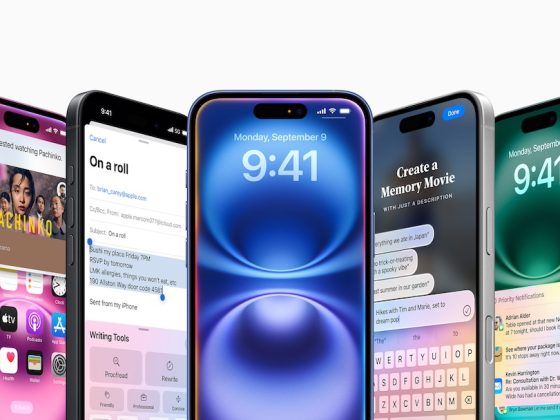Last week, Intel’s memory and storage group produced Intel® QLC 3D NAND solid-state drive (SSD) number 10 million based upon the QLC NAND die built in Dalian, China. Production began in late 2018, and this milestone establishes QLC (quadruple-level cell memory) as a mainstream technology for high-capacity drives.

“Many have talked about QLC technology, but Intel has shipped it, and at scale,” said Dave Lundell, director of Client SSD Strategic Planning and Product Marketing at Intel. “We have seen strong demand for the cost-effective capacity of our standalone QLC SSD (Intel® SSD 660p) and the performance of our Intel® Optane™ Technology + QLC solution (Intel® Optane™ Memory H10).”
Here are a few quick facts related to the achievement:
From our partners:
- Intel QLC 3D NAND is used in the Intel SSD 660p, Intel® SSD 665p and Intel Optane Memory H10 storage solutions.
- Intel’s QLC drive has 4 bits per cell and stores data in both 64-layer and 96-layer NAND configurations.
- Intel has been developing this technology over the past decade. In 2016, Intel engineers changed the orientation of the already-proven floating gate (FG) technology to vertical and wrapped it into a gate all-around structure. The resulting 3D tri-cell level (TLC) technology could store 384 Gb/die. In 2018, 3D QLC flash became a reality, featuring 64 layers with four bits per cell, capable of storing a 1,024 Gb/die. In 2019 Intel moved to 96 layers, reducing overall areal density.
- QLC is now part of Intel’s overall storage portfolio, which includes both client and data center products.
Media coverage of the landmark includes a report from Nathan Kirsch in Legit Reviews: “That is a pretty astonishing feat and it just goes to show that QLC has done rather well since it was brought to market.”
And a YouTube podcast from StorageReview, where editor Brian Beeler says: “[Intel] has some momentum around its success with QLC …”
For enquiries, product placements, sponsorships, and collaborations, connect with us at [email protected]. We'd love to hear from you!
Our humans need coffee too! Your support is highly appreciated, thank you!
